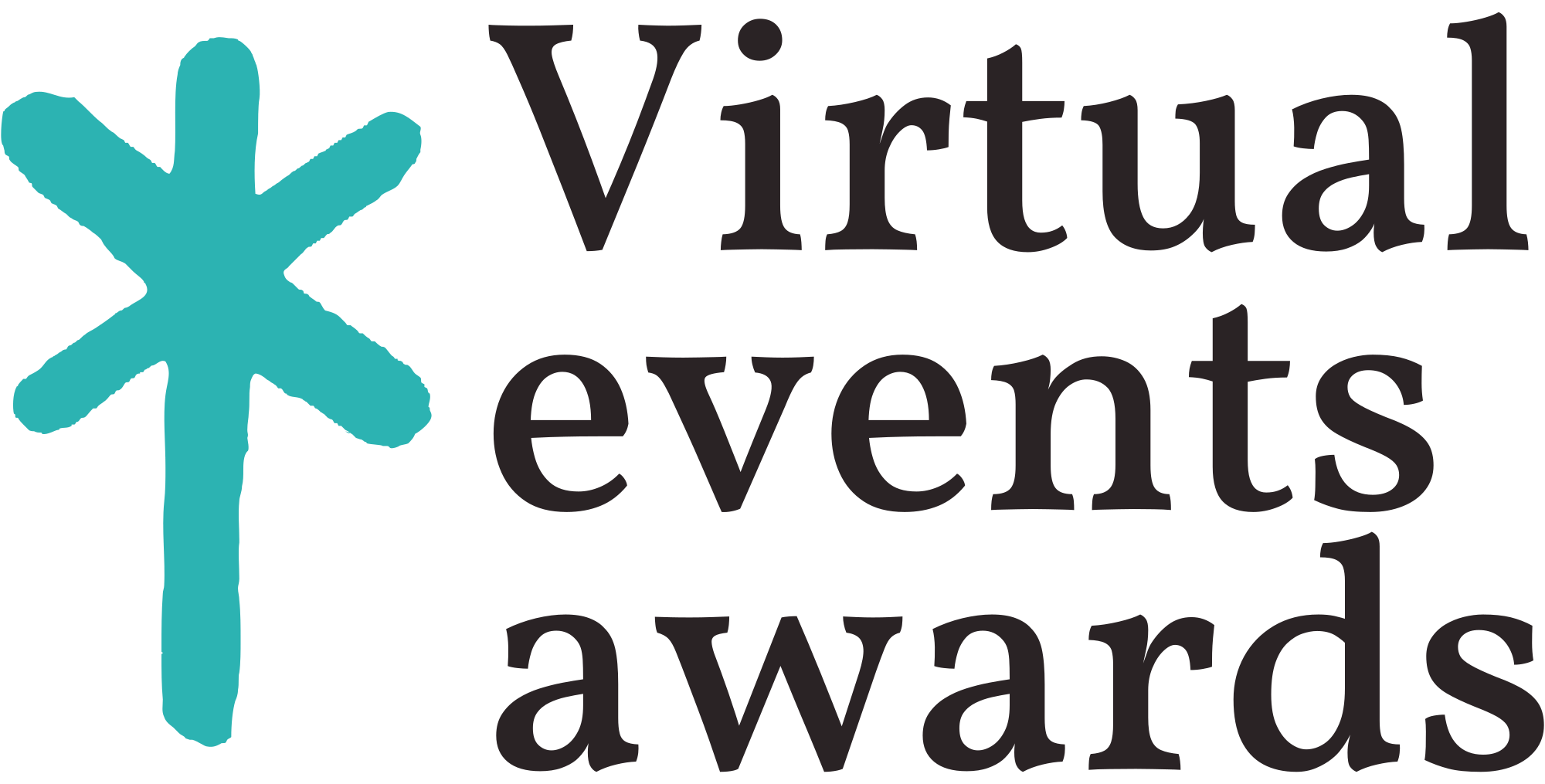Key Factors for Successful Event Planning
When it comes to successful event planning, several key factors play a crucial role in ensuring that an event is organized and executed flawlessly. One of the most fundamental aspects of event planning is thorough research and planning. This involves understanding the purpose of the event, identifying the target audience, and defining clear goals and objectives. Additionally, establishing a realistic budget and timeline are essential elements that contribute to the overall success of the event.
Another key factor in successful event planning is effective communication. Clear and consistent communication with all stakeholders, including clients, vendors, and team members, is essential for seamless coordination and execution. Furthermore, the ability to adapt and be flexible in the face of unexpected challenges is a valuable asset for event planners. Anticipating potential issues and having contingency plans in place is vital for overcoming unforeseen obstacles.
Equally important is the selection of the right venue and vendors. The choice of venue should align with the event’s theme and cater to the needs of the attendees. Whether it’s a corporate conference or a celebratory gala, the venue sets the stage for the event and can significantly impact its success. Similarly, collaborating with reliable and professional vendors, such as caterers, audio-visual technicians, and decorators, is essential for delivering a high-quality experience for attendees.
Moreover, creating a comprehensive event timeline and checklist is crucial for staying organized and ensuring that all tasks are completed in a timely manner. This includes coordinating logistics, managing registrations, and developing a promotional strategy to attract attendees. Additionally, leveraging technology and social media can enhance the event experience and reach a wider audience.
In conclusion, successful event planning hinges on meticulous research and planning, effective communication, adaptability, strategic vendor and venue selection, and well-executed organization. By prioritizing these key factors, event planners can elevate their events to new heights and deliver memorable experiences for all participants.
Planning Timeline for Event Success
When it comes to successful event planning, a well-structured timeline is crucial for ensuring that all aspects of the event come together seamlessly. The planning timeline serves as a roadmap, guiding event planners through each stage of the process and helping them stay organized and on track.
One of the initial steps in creating a planning timeline is to establish the event’s date and time. This sets the foundation for the entire planning process, allowing planners to work backward from the event date and allocate the necessary time for each task.
Once the event date is secured, the next step is to determine the key milestones leading up to the event. These may include deadlines for booking the venue, securing vendors, and finalizing the event program. By setting specific dates for these milestones, event planners can ensure that progress is being made in a timely manner.
As the event draws nearer, the timeline should include a detailed schedule for the weeks and days leading up to the event. This encompasses tasks such as finalizing logistics, conducting run-throughs and rehearsals, and confirming attendee numbers and special requirements.
Additionally, a well-structured planning timeline should account for any unexpected issues that may arise, allowing time to address and resolve these challenges without causing major disruptions to the overall event plan.
Ultimately, a comprehensive planning timeline is an essential tool for successful event planning, providing a clear roadmap and structure to ensure that all aspects of the event are carefully coordinated and executed.
Maximizing Engagement and Attendance
Maximizing engagement and attendance is crucial for the success of any event. To achieve this, event planners need to focus on several key areas.
First and foremost, creating a compelling and relevant event content is paramount. This includes selecting engaging speakers, relevant topics, and interactive sessions that resonate with the target audience. By offering valuable content, attendees are more likely to be interested and engaged throughout the event.
Additionally, utilizing various marketing channels such as social media, email campaigns, and targeted advertising can significantly boost event attendance. Leveraging these tools allows event planners to reach a wider audience and generate excitement and anticipation for the event. Implementing techniques like teaser campaigns or limited-time offers can also create a sense of urgency, prompting more people to register and attend.
Furthermore, offering networking opportunities and interactive elements within the event agenda can enhance attendee engagement. Whether it’s through facilitated networking sessions, Q&A panels, or interactive workshops, providing platforms for attendees to connect, exchange ideas, and actively participate can enrich their overall experience and encourage them to return for future events.
Last but not least, collecting and leveraging attendee feedback is essential for optimizing future events. By utilizing surveys, feedback forms, and post-event analytics, event planners can gain valuable insights into what resonated with attendees and what areas can be improved. This feedback loop is critical for refining future event strategies and maximizing engagement and attendance in the long run.
In conclusion, by focusing on creating compelling content, leveraging marketing channels, providing networking opportunities, and gathering attendee feedback, event planners can maximize engagement and attendance, ultimately leading to the success of their events.
Budgeting Strategies for Event Planners
When it comes to successful event planning, budgeting is a crucial aspect that can make or break an event. Event planners need to strategize and carefully allocate funds to ensure that every aspect of the event is well-executed without overspending. Effective budgeting strategies are essential for event planners to deliver high-quality events while maintaining financial responsibility.
One important budgeting strategy for event planners is to create a detailed budget spreadsheet that outlines all potential expenses, including venue rental, catering, decorations, entertainment, and marketing. By having a clear overview of all costs, event planners can prioritize their spending and avoid unexpected financial surprises.
Another key aspect of budgeting for event planners is to negotiate with vendors and suppliers. Establishing good relationships with vendors can lead to discounted rates and better deals, ultimately maximizing the budget. Event planners should be diligent in comparing quotes and negotiating terms to get the best value for their money.
Furthermore, event planners should always have a contingency fund built into their budget to account for any unforeseen expenses or last-minute changes. Having a buffer for unexpected costs can help prevent budget overruns and ensure that the event runs smoothly, regardless of unexpected circumstances.
Finally, it’s essential for event planners to track their expenses throughout the planning process and make adjustments as needed. By regularly monitoring the budget and identifying areas where costs can be reduced, event planners can maintain financial discipline and ensure that the event stays within budget.
In conclusion, successful event planning requires thoughtful budgeting strategies that prioritize spending, leverage vendor relationships, account for unforeseen expenses, and allow for ongoing financial monitoring. By implementing these budgeting techniques, event planners can confidently deliver outstanding events while staying within budget constraints.





